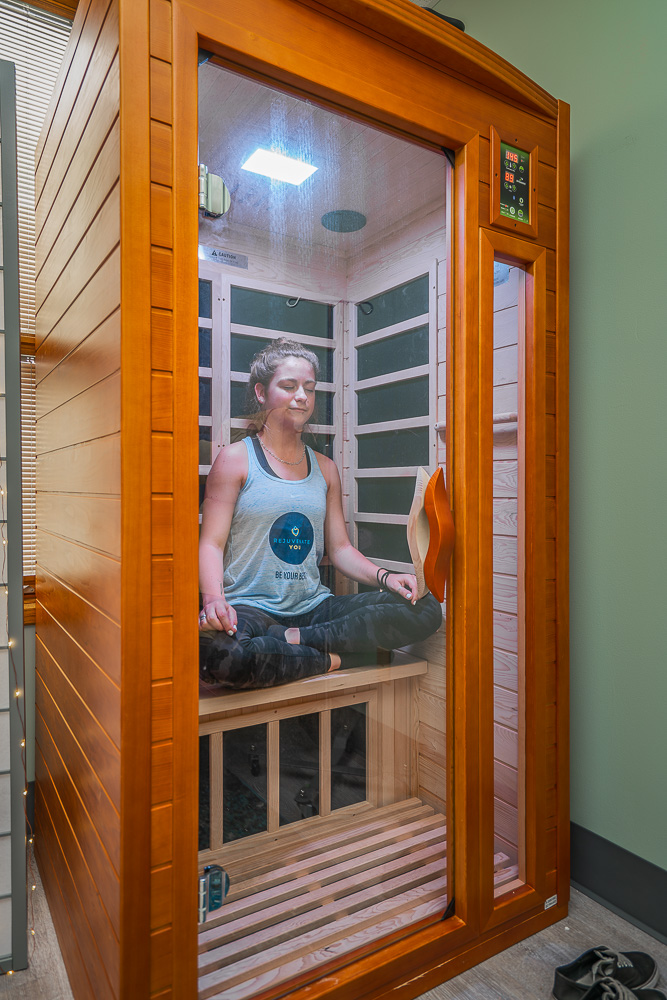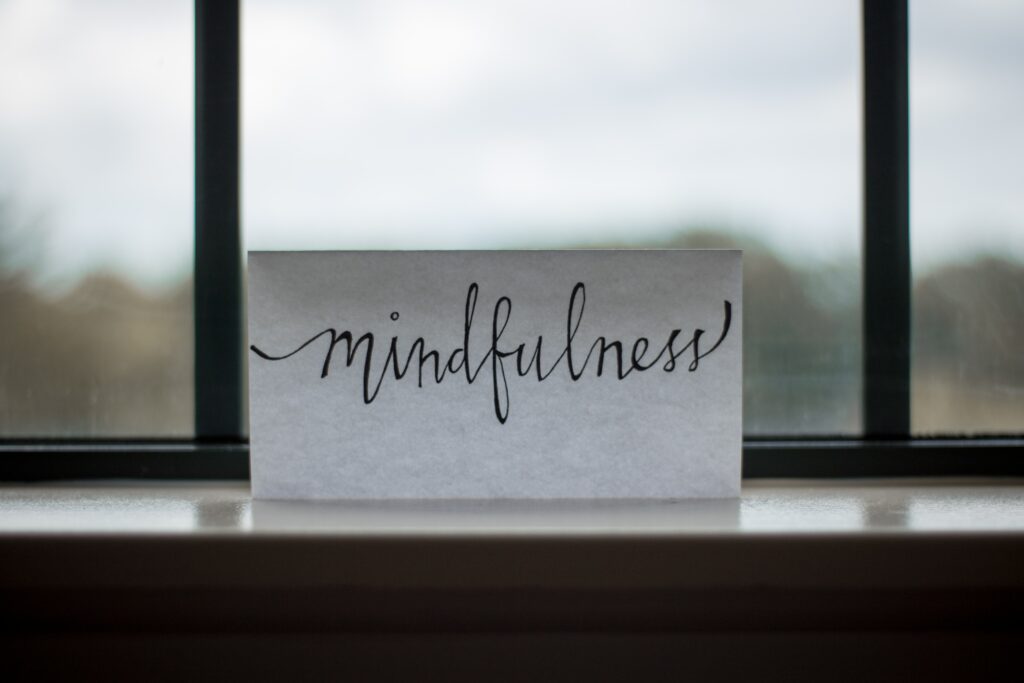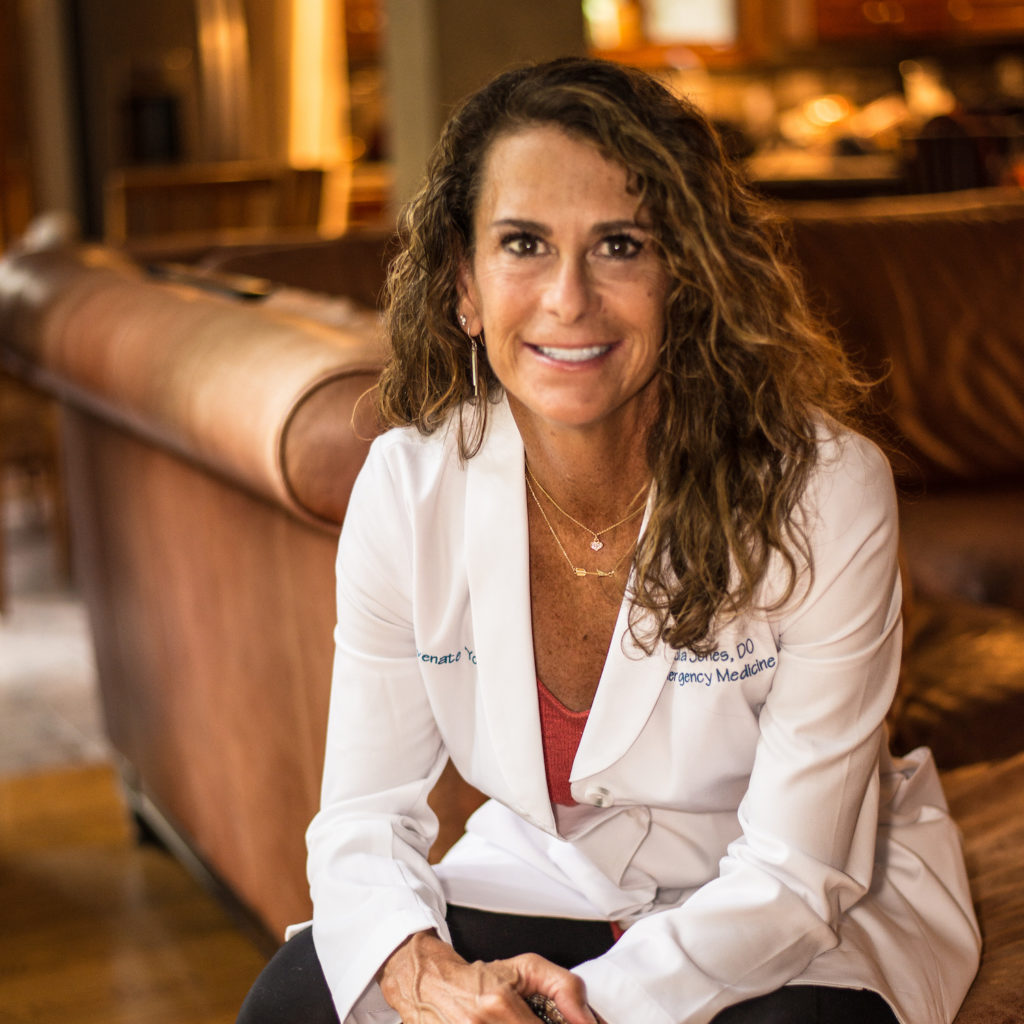
What is Holistic Care Exactly?
May 26, 2021
If traditional medicine is a set of binoculars, holistic care is a fisheye lens. The general idea of a holistic or integrative health practice is to consider a wide scope of the human experience before answering questions of health and quality of life. But despite the ubiquitous use of the term, we’ll see that “holistic care” has been a little tough for even the experts to define. Let’s see if we can clear it up.
The Pillars of Holistic Medicine
In her article on the pillars of holistic health and wellness, health educator and science writer Jenna Templeton lays out eight key areas of holistic care. We touched on this Templeton’s pillars while considering holistic wellness vs. integrative medicine because the eight pillars can help broaden one’s grasp on what should go into the healthcare considerations of a complex and beautifully intricate human being.
First, let’s try to define holistic care by looking at what it focuses on, as well as why we should care about it (if we should).
Spoiler alert: We should.
What is Holistic Care?
As mentioned above, the term is a little tough to pin down. It doesn’t help that we also have alternate (and seemingly interchangeable) terms like “holistic approach,” “holistic medicine,” and “holistic wellness” floating around. A quick Google search of the term “holistic care” will turn up many different (rather broad) definitions used in slightly different contexts. As the NCBI puts it, “Even though holistic care has been widely discussed in the health care and professional nursing literature, there is no comprehensive definition of it.” For that reason, it may be helpful to hear from a few different professionals.

According to WebMD, holistic medicine emphasizes an approach to health that focuses on total wellness and achieving balance. So, where traditional medicine may not always recognize the role of a patient’s emotional intelligence, for instance, holistic care would take that into account.
In a lost article on the subject, the UK’s Salford Clinical Commissioning Group (now Greater Manchester Integrated Care Partnership) explored the idea of holistic care as a way to analyze long-term comorbidities that may never be linked in a traditional setting. Rather than dealing with each of your different long-term conditions in a silo (imagine you’ve had back pain for years at the same time as some social anxiety) holistic care will think about “how the long term [sic] conditions might affect each other.” So, a holistic approach, (crucially, we might say) “means treating the patient rather than the condition.”
In her Holistic Help article, Cynthia Perkins, M.Ed. makes one more interesting distinction. She says, “A primary factor that differentiates holistic care from traditional care is that it focuses heavily on self-care.” This emphasis on self-care may help us further refine our discussion as we go forward.
Why is a Holistic Approach Important?
So it seems like our definition for holistic care right now might look something like this: Holistic care is a big-picture approach to individual health that combines traditional aspects of medicine with a wider scope of the human experience to promote wellness and personal agency.
If we can agree to that holistic care definition for now, we still need to define what this “wider scope of the human experience” might entail. For a granular breakdown of each aspect we might consider, we’ll turn to Templeton’s work on the eight pillars of holistic medicine. This is also where we’ll start to see the role that self-care plays in holistic care. Partly because of how comprehensive the scope of holistic wellness is, it requires vigilance and practice on the part of the individual. In other words, you can’t just show up to a doctor and say, “Make me holistic!” We each have to put in the work in our day-to-day as well.

The Eight Pillars
Your Nutritional Needs
In the last couple of decades, nutrition has really picked up a big cultural focus — and for good reason. What we put into our bodies matters more than we used to realize.
Example of Nutritional Self-Care: Get a nutritional assessment to see if there’s anything missing from your diet that’s causing you to suffer from loss of energy, focus, etc.
Your Emotional Needs
Despite the fact that some still consider emotionality to be a weakness, casting it under the dominion of reason and intellect, our emotions are absolutely critical to our wellbeing. Expressing emotion is so crucial, in fact, that we often hold our love of art, music, and story above our love of reality! Properly processing events and coming to terms with how we feel is a key part of caring for oneself in a holistic way.
Example of Emotional Self-Care: Consider some form of talk therapy! Contrary to popular belief, you do not need a specific issue to see someone. The psychologist, Guy Winch, suggests something called “emotional hygiene”in his well-loved TED Talk. This idea with emotional hygiene is basically that we should be taking care of our emotions the way we, say, brush our teeth. Making a practice of dealing with and processing our emotions in a healthy way can help us avoid what we might call emotional cavities.
Your Physical Needs
Everyone knows that exercise is an important part of staying healthy, but our physical needs aren’t limited to a jog in the park. We need to eat well, sleep well, and generally take care of these amazing vehicles that carry us from home to work to the park, etc. (talking about your body not your Subaru, but like… give that a car wash every now and then too).

Example of Physical Self-Care: If you’re already getting your exercise, the next step could mean treating your body to an infrared sauna session or utilizing a leg recovery system to restore your muscles.
Your Environmental Needs
Templeton isn’t referring to recycling efforts or fighting climate change here (although those are great things to do as well). This is more about your immediate surroundings and the perhaps your city or town as well — the sphere that you impact directly and that directly impacts you. What can you do to make your area a better place?
Example of Environmental Self-Care: Planting some flowers in your yard or community garden! The simple act of enhancing the beauty of your surroundings can have a real effect on your wellbeing and the wellbeing of those in your environment.

Your Social Needs
Our social needs dovetail nicely with our environmental needs. It’s important to develop a sense of community; to feel that you matter and make a difference to a group of people.
Example of Social Self-Care: Joining a club or picking up a rec sport on the weekends. There are plenty of opportunities to get involved and expand your sphere.
Your Spiritual Needs
Spirituality doesn’t have to equate to god or religion in this context. If you aren’t particularly inspired by religious convictions know that spiritual needs are “commonly viewed as a sense of purpose, direction, or meaning.” This aspect of holistic care is more or less about tapping into some deeper reason for getting out of bed in the morning and going about the business of living.

Example of Spiritual Self-Care: Taking 10 minutes out of your morning to practice (secular) mindfulness can help center us oand balance our approach to the day ahead.
Your Intellectual Needs
How do you engage your brain on a daily basis? Many folks struggle after they finish school to fill the academic void. For so many years, we were handed that intellectual stimulation on a platter and told we’d better do it or we’ll fail. But not all jobs are intellectually stimulating, so it’s often up to us to supplement.
Example of Intellectual Self-Care: Think of something that deeply interests you and sign up for a low-stakes course on the subject. Udemy and Coursera both have a wide variety of options for learning at your own pace and on your own schedule.
Your Financial Needs
Money is the biggest stressor in the lives of most Americans. A 2021 Capital One survey found that 73% of Americans consider their monetary situation to be stress-inducing. This was the highest percentage for any category, with “politics,” “work,” and “family” all ranking below it.
So what does this tell us? It tells us that we need to be aware of how money affects our cortisol (stress levels)! If your bank account is causing you to feel anxious, we want to look at the effects of that and see how we might address that tension to benefit your overall wellbeing.
Example of Financial Self-Care: Give yourself a savings goal that includes a short-term reward (i.e. when I’ve put aside $1500 for X, my reward is that I get to buy those new headphones I’ve had my eye on).
More Questions About Holistic Care?
Now that we’ve laid out a definition of holistic care and how you can apply it in your life, how do you feel? If you have any further questions, please feel free to stop by and see us or consult our other health and wellness resources to learn more!

Physician-Run Wellness Treatments
There’s a reason that Dr. Paula, our Board-Certified Emergency Medicine Physician, (a) speaks with first-time visitors and (b) personally administers all treatments at Rejuvenate You.
Because she’s a MAJOR people person? Well, yes… But there’s another reason too!
With the concept of holistic care more concretely defined, it’s up to us to apply it. This means considering the totality of our lives and experiences to inform healthcare decisions in the present.
By getting to know each visitor and assessing things like personal goals, health history, and lifestyle, Dr. Paula is able to help customize a best path forward.
Need more information on the topic? Explore other holistic wellness resources.
Ready to jumpstart your holistic care? Browse treatment options.